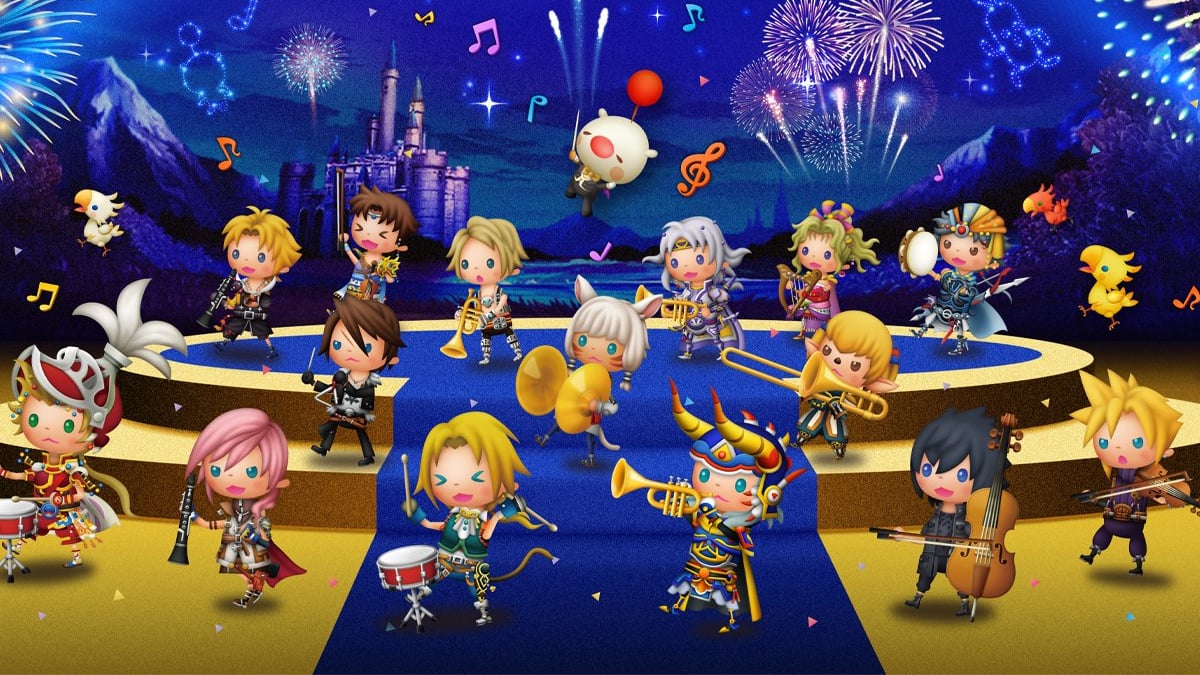With Theatrhythm Final Bar Line out today, take a trip through gaming history to savour the finest notes across 35 years of Final Fantasy music.
It’s truly impossible to discuss the music of role-playing games without referencing Final Fantasy and its prolific composer, the undisputed father of RPG music, Nobuo Uematsu. With a career spanning almost 40 years and credited for composing over 70 separate soundtracks, including some of the finest music created for every single generation of gaming, there’s no denying the sheer impact Uematsu’s glorious Final Fantasy music has had on the style and lasting influence of the genre.
And although we often put Uematsu in the spotlight (and rightly so) when discussing Final Fantasy music, in this feature, I’d like to highlight not only the man himself, but many of his collaborators, fellow composers, and key musicians that have made this music possible. Starting with the genesis of the series way back in 1987, Uematsu’s passing of the composer baton in 2001, and the new era of Final Fantasy music from FFXI onwards, we’re about to travel back through soundtrack history.
So where did it all begin? With just a single melody…
Final Fantasy Music in 1987 – Final Fantasy
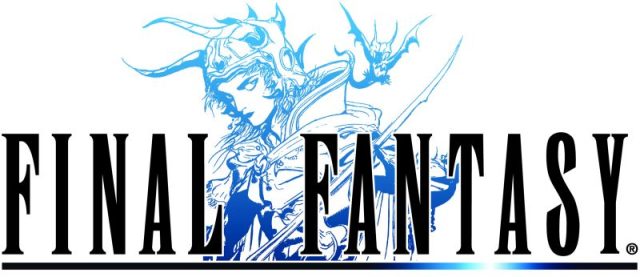
Platform: NES
Composer: Nobuo Uematsu
“The Prelude” by Nobuo Uematsu is undoubtedly one of the most essential pieces of music in video game history. With such a lasting impact, every single main entry in the Final Fantasy series has featured this simple yet infinitely memorable track. Despite being the signature theme and one of the most important in his career, Uematsu has previously stated that it only took 10 minutes to create this iconic arpeggio:
Constrained by the technical limitations at the time, much of the earliest Final Fantasy music relied heavily on a central melody. These are made to loop regularly and result in short yet catchy tunes that echo the style of the era. This is especially true in tracks like the joyful “Victory,” which players will hear hundreds of times throughout the game (and the series).
Final Fantasy Music in 1988 – Final Fantasy II
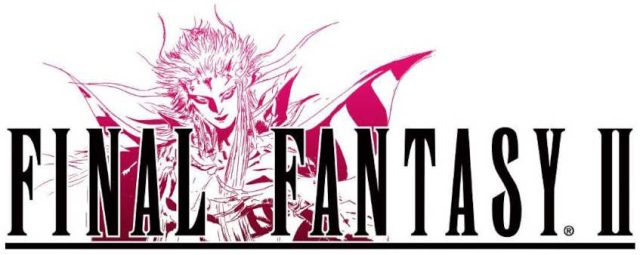
Platform: Famicom
Composer: Nobuo Uematsu
Riding the wave of popularity of the first game in the series, the sound of Final Fantasy began to slowly morph into something slightly more magical and mystical. Simple chiptunes now added effects like reverb, allowing melodies to have more depth to transport players to faraway lands. The “Main Theme” of Final Fantasy II certainly achieves this, harnessing a simple melody that conveys a sense of longing.
Final Fantasy II is also the first time players would hear the upbeat “Chocobo Theme,” a fan-favourite with now numerous iterations and arrangements across the series. Being able to create short and catchy melodies was Uematsu’s greatest musical strength in his early career, long before epic orchestral themes were possible in video games. There’s no denying this delightful ditty is one of gaming’s greatest earworms!
Final Fantasy Music in 1990 – Final Fantasy III
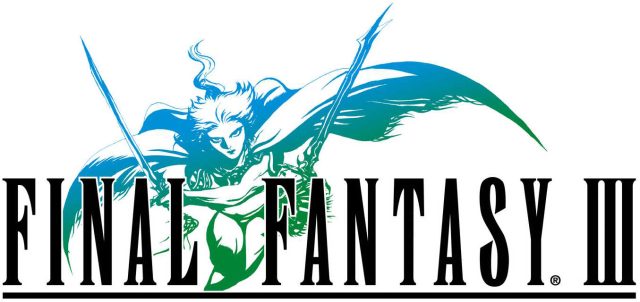
Platform: Famicom
Composer: Nobuo Uematsu
Pushing Final Fantasy music ever forward, even with limited technology at his disposal, Final Fantasy III represents a pivotal moment in Uematsu’s composing career. Music began to shift from simple and melodic chiptunes to more varied, intricately layered, and creative tracks. This can be heard throughout the game’s gorgeous overworld theme, “Eternal Wind,” one of the most revered songs in early Final Fantasy history.
Battle themes began to become more upbeat, bouncy, and playful, with Uematsu beginning to discover his distinct style. Even within the confines of chiptunes, he was able to create melodies unlike anything we’d heard in the series before:
Music began to play a far more critical role in Final Fantasy, with the soundtrack more than double the length of its predecessors and with twice as many tracks. This would signify what was to come next, with a new generation of consoles on the horizon.
Final Fantasy Music in 1991 – Final Fantasy IV
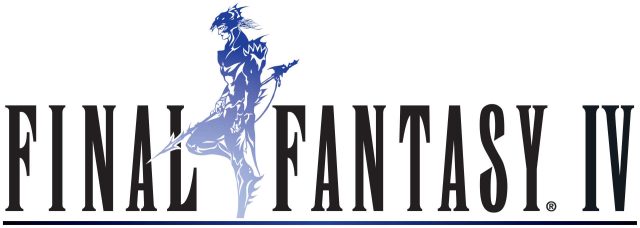
Platform: Super Nintendo
Composer: Nobuo Uematsu
The first turning point for the music of Final Fantasy was the release of the Super Nintendo, a console capable of producing far more detailed visuals and sound. To Uematsu’s delight, this allowed him to unleash an entirely new level of expression through Final Fantasy music.
Final Fantasy IV is the first example of this, with beautiful tracks like the “Theme of Love” capable of tugging on players’ heartstrings as one of the earliest video game love songs. Conveying the relationship between Cecil and Rosa, it’s a stunning and personal piece of music for myself, as it played as my wife walked down the aisle at our wedding:
But Final Fantasy IV was far more than just tear-jerkers! With upgraded technology, Uematsu was able to create some pumping beats for the game’s devilish antagonists, notably the Four Fiends. Creating music geared towards particular characters, the “Battle With the Four Fiends” represents one of the series’ earliest tracks created for a specific enemy instead of general battle tracks that play throughout multiple encounters.
Final Fantasy Music in 1992 – Final Fantasy V

Platform: Super Famicom
Composer: Nobuo Uematsu
Acknowledging that there’s more to music than just treble, Final Fantasy V took a significant pitch shift to the lower end of the scale. While previous titles emphasised catchy melodies to entertain and delight the player, this time, it was all about the bass. From the moment the dust is blown off the cartridge and the console is switched on, the player is immediately greeted with a funky track that sounds like nothing ever heard across the series:
Bass is the driving force throughout Final Fantasy V, providing a playful foundation on which the rest of the music is layered. The recurring emphasis on bass becomes obvious if you listen to the entire soundtrack. But no track in Final Fantasy V has a more powerful and driving bass line than one of the best boss battle tracks ever composed: “Battle At The Big Bridge.”
Final Fantasy Music in 1994 – Final Fantasy VI
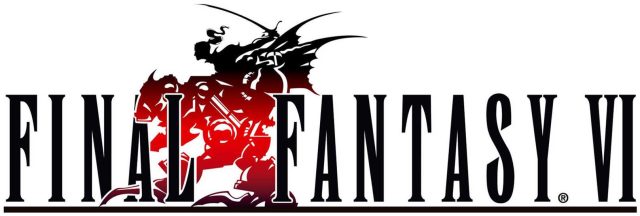
Platform: Super Nintendo
Composer: Nobuo Uematsu
For many, Final Fantasy VI is the series’ magnum opus and a timeless JRPG that set the standard for all that would follow it. And the same can be said for its soundtrack, with Nobuo Uematsu pushing the chiptunes of the Super Nintendo to its absolute limit and beyond. Harnessing a creative soundfont, Uematsu managed to emulate a genuinely orchestral score even within the limitations of the technology.
One example is one of videogame history’s grandest and most gargantuan songs: “Dancing Mad.” Clocking in at 17 minutes and 39 seconds, this masterpiece holds the record for the longest single composition in the entire series:
Throughout the journey across a ruined land, “Terra’s Theme” resonates with a sense of hope. Elements of this recurring track appear throughout the game, from its iconic opening cutscene to many of its most emotive and memorable moments. It perfectly captures the wistful emotions of the game’s personable cast and can be heard throughout the soundtrack of Final Fantasy VI.
As of 1994, Final Fantasy VI was undoubtedly the most detailed and orchestral videogame soundtrack ever created. But everything we thought we knew about Final Fantasy music changed with the series’ PlayStation debut.
Final Fantasy Music in 1997 – Final Fantasy VII
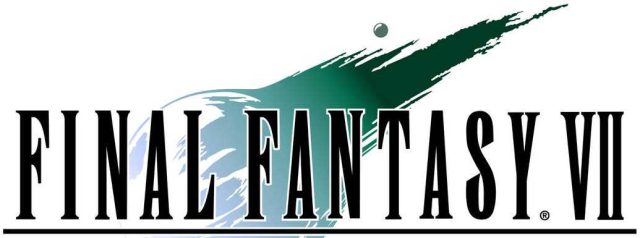
Platform: PlayStation
Composer: Nobuo Uematsu
Do you believe that Final Fantasy VII was and forever will be Nobuo Uematsu’s crowning achievement as a game composer? Because that’s certainly the case for a large portion of the fanbase. With a shift to disc-based media, Uematsu unleashed all of his composing prowess at once, with a colossal 4-hour 15-minute soundtrack the size of a meteor (and just as impactful). If you’re reading this article, there’s a fair chance you know many of the songs in Final Fantasy VII, including the series’ most beloved: “One-Winged Angel.”
For a soundtrack as influential as Final Fantasy VII, it’s nearly impossible to compare to any other across the series. Its music has played across the world in living rooms, concert halls, and even stadiums, arranged and performed by choirs, orchestras, and, of course, fans. And while the “huge” songs are very well-known, many of FFVII‘s finest pieces are understated and intimate, like “Aerith’s Theme,” as beautiful and fragile as the flowers she sells to the residents of Midgar.
Final Fantasy Music in 1999 – Final Fantasy VIII
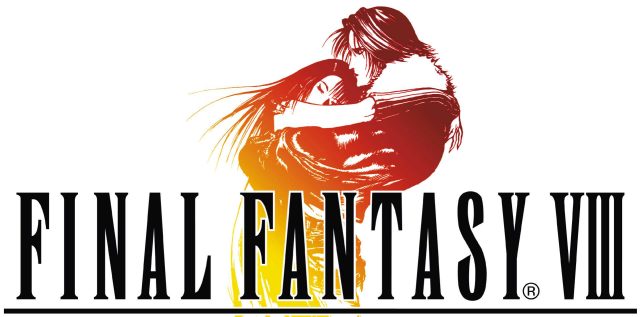
Platform: PlayStation
Composer: Nobuo Uematsu
How do you follow a soundtrack like Final Fantasy VII? Taking success in his stride and embracing a new composing style, Final Fantasy VIII is responsible for the very first truly orchestral track in the series, setting the standard for JRPG music going forward. Titled “Liberi Fatali” (meaning “Fated Children”), this grand piece was Uematsu’s first-ever track to feature a full orchestra and choir wholly dedicated to the music of a video game.
With vocal tracks like “Eyes on Me” inserting music and lyrics into the world of Final Fantasy, broadening its sound horizon, had Uematsu chosen realistic instruments and human vocals in favour of crafting catchy melodies? Certainly not. Amongst Final Fantasy VIII’s action-packed sequences and tense boss fights, the series still sounded well and truly like a futuristic fantasy videogame, employing the modern sound of synthesisers as the series edged into the 21st century:
We aren’t done, of course! Head over to Part 2 for more Final Fantasy music talk, where we’ll get into Final Fantasy IX all the way up to Final Fantasy XVI.

